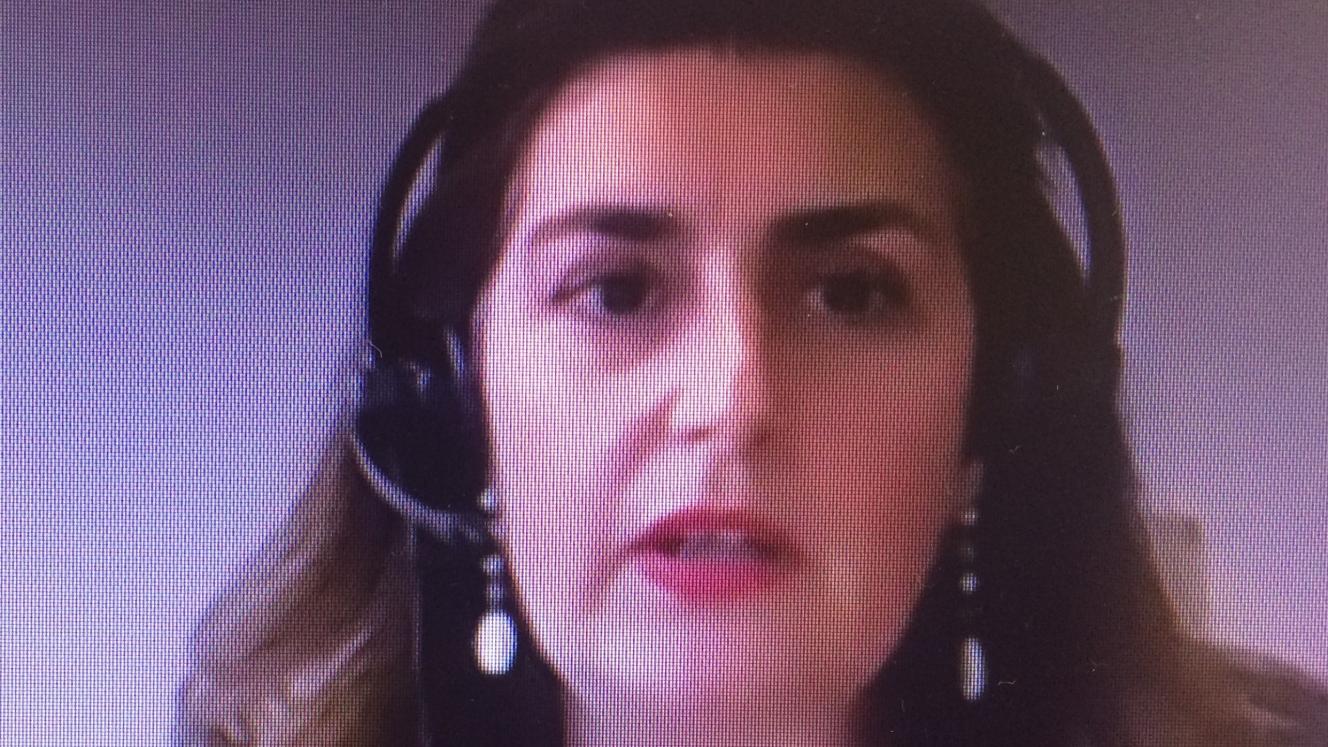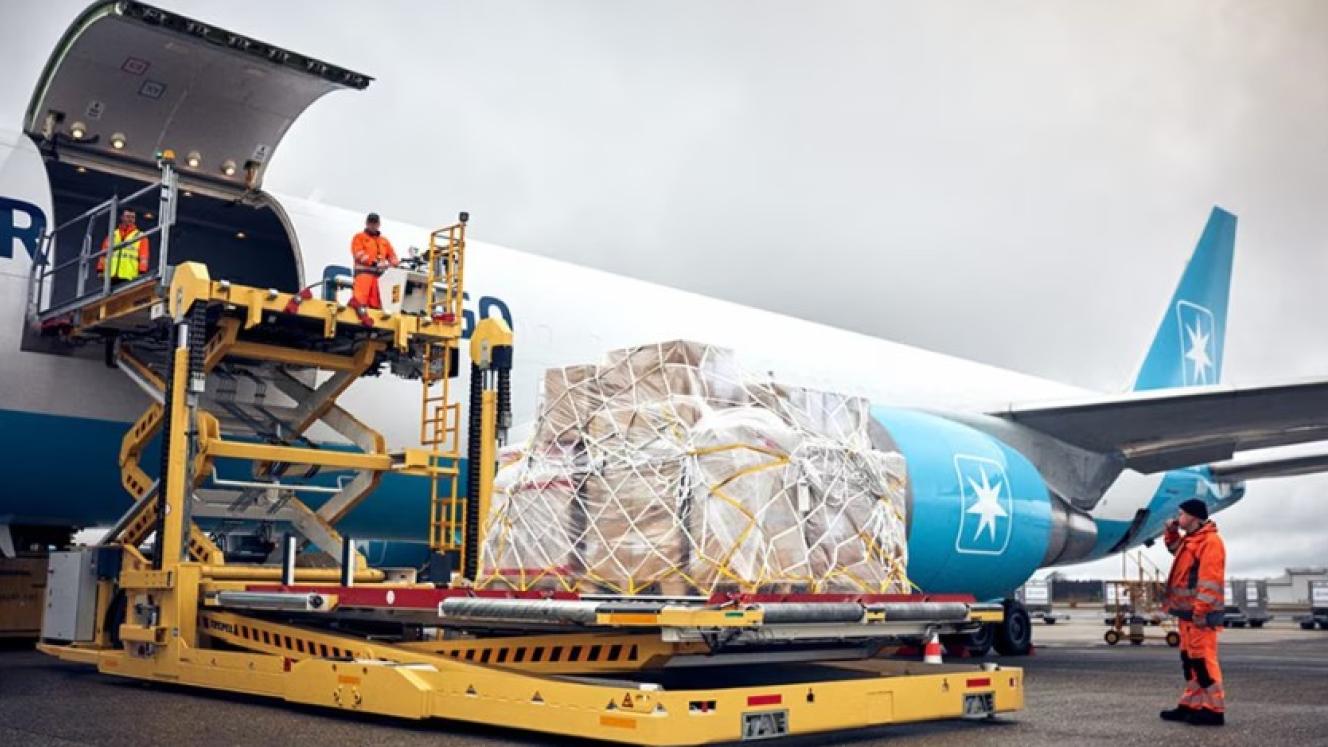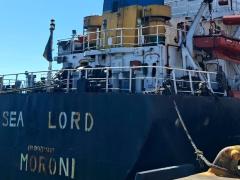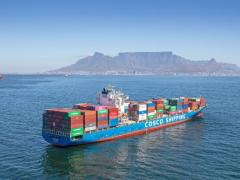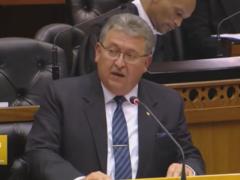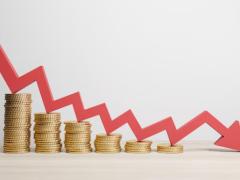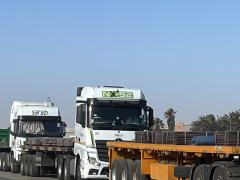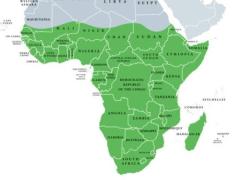The global transport industry will have to urgently rethink its sector priorities, especially in how they affect people and the environment from a sustainability point of view if it wants to benefit from recovery funding in a post-pandemic world.
That’s the view of Susanna Zammataro, director general of the International Road Federation.
Zammataro, who also sits on multi-national panels at the United Nations, made a compelling case for an adequate and progressive response from the transport industry during an online discussion about Covid-19 hosted by the Southern African Transport Conference.
She said about 1.3 billion people died on the road every year, making it imperative that people and people’s needs, and their social and environmental benefits became part of rethinking and reshaping transport in a world recovering from Covid-19.
Funding flowing towards the transport industry, she stressed, would henceforth depend heavily on how countries intended to safeguard themselves against possible supply chain disruption in the future.
It involves, among other things, procurement procedures which will be very much part of deciding who gets recovery funding and who doesn’t.
The need to respond responsibly to the impact of the coronavirus on the freight sector, she said, was evident if one looked at the effect of the virus on the entire industry.
In Europe, for example, the rail freight industry and its expansive network across the east and west of the continent was seen as an essential service.
However, because transport was directly associated with the spread of Covid-19, fears of contagion rippled across Europe’s rail-efficient supply chain network, completely shutting down railways in countries like Ukraine and Kazakhstan, important linkage countries between west and east Eurasia.
As for the airline industry, she said, data released by the International Air Transport Association pointed to 2020 becoming one of the worst years in recorded history.
While the industry expects to lose $84.3 billion dollars, passenger volumes alone have fallen by 50% to levels last seen in 2006.
And as countries across the world start to emerge from lockdown regulations in a bid to restart their economies, freight interests are well advised to consider how the force majeure or “act of God” defence is interpreted across the world.
This was especially relevant, Zammataro said, as freight and related supply chain concerns started looking at who had to bear the cost of delays.
